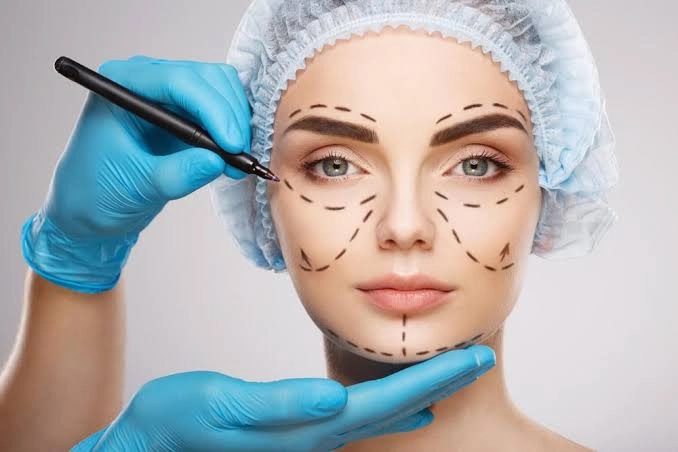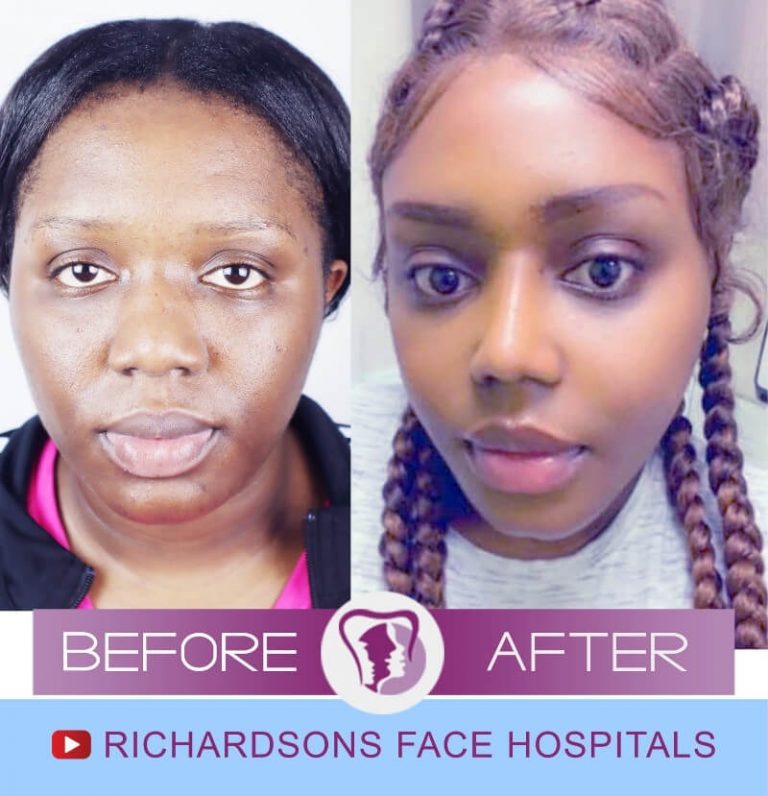Mommy Makeover Rancho Cucamonga: Redeem Your Pre-Baby Body with Customized Procedures
Mommy Makeover Rancho Cucamonga: Redeem Your Pre-Baby Body with Customized Procedures
Blog Article
Checking Out the Emotional and Social Variables That Drive Individuals to Take Into Consideration Plastic Surgery as a way of Improvement
The choice to go after cosmetic surgical procedure usually expands beyond mere visual appeals, linking with psychological and social dynamics that warrant thorough assessment. Factors such as self-worth, prevalent social appeal standards, and the pervasive influence of social media sites assemble to form individual inspirations for surgical improvement. As these influences come to be progressively popular, understanding the underlying emotional and cultural contexts is crucial. What remains to be checked out is the extensive effect these factors have not just on personal identification however also on broader societal norms and worths bordering elegance and approval.
The Function of Self-confidence
Self-worth dramatically influences a person's decision to seek plastic surgery. Individuals with low self-esteem typically regard themselves in an adverse light, causing sensations of inadequacy regarding their physical appearance. This adverse self-perception can drive them to seek surgical interventions as a technique of improving their self-image. The wish for renovation in one's look is often linked to a belief that such changes will raise their overall self-respect and self-confidence.

Eventually, the role of self-confidence in the decision-making process relating to plastic surgery highlights the intricate interaction in between body picture, individual contentment, and psychological health. Comprehending this connection is crucial for health care professionals to ensure that patients are making notified decisions rooted in sensible expectations and emotional well-being.
Societal Appeal Requirements
Influenced by prevalent media representations and cultural stories, social appeal criteria play a crucial function in forming people' assumptions of their very own bodies. These criteria are often defined by an idealized type of elegance that stresses qualities such as slimness, youthful vigor, and symmetry. As these ideals are bolstered via numerous channels, including advertising, film, and television, people frequently internalize these messages, bring about discontentment with their natural look.
The effects of these social standards extend beyond aesthetic choices; they can affect self-confidence, mental health and wellness, and social relationships. People that view themselves as disappointing these criteria may experience sensations of inadequacy, triggering a wish for plastic surgery as a way of attaining societal authorization. This search is often sustained by the idea that satisfying these ideals will improve not just physical appearance yet likewise social standing and personal gratification.

Influence of Social Media Site
The effect of social beauty requirements is additional amplified by the rise of social media sites systems, where curated pictures and idealized representations of elegance are common. Customers are continuously subjected to filtered and edited photos, which often depict unattainable physical qualities. This exposure grows a culture of contrast, leading people to evaluate their very own appearance against these frequently unrealistic criteria.
Social media influencers and celebrities regularly promote aesthetic treatments, stabilizing the concept that surgical enhancements are a practical methods for attaining societal ideals (plastic surgery rancho cucamonga). The exposure of these improvements can create a perception that going through plastic surgery is a conventional practice, consequently affecting people to think about comparable treatments as a pathway to improved self-esteem and social approval
Furthermore, the interactive nature of social networks enables prompt comments through sort and remarks, further strengthening the wish to satisfy popular charm criteria. Such interactions my explanation can intensify feelings of inadequacy and drive individuals towards cosmetic surgery as a way of acquiring recognition. Ultimately, social media sites plays an essential duty in forming perceptions of charm, which significantly influences the decision-making processes bordering cosmetic surgery.

Social Perspectives on Look
Across different cultures, understandings of appearance are deeply rooted in historical, social, and financial contexts, forming people' sights on appeal and value. In numerous cultures, look acts as a substantial pen of identification, affecting social status, expert opportunities, and individual connections. For instance, in some societies, light skin is frequently related to wealth and opportunity, while others might glorify darker skin tones as signs of strength and credibility.
In addition, traditional appeal requirements are typically perpetuated via social narratives, media depictions, and household affects, leading to differing ideals throughout various regions (plastic surgery rancho cucamonga). In Western societies, the focus on youth and physical conditioning frequently drives people towards cosmetic improvement, while in specific Eastern cultures, more subtle changes lined up my company with standard looks might be chosen
Globalization and the proliferation of electronic media have actually additionally complicated these characteristics, developing a hybridization of appeal ideals that goes beyond geographical boundaries. As individuals increasingly navigate these social stories, the pressure to adhere to details appearance criteria can bring about the wish for plastic surgery, mirroring a complicated interplay of social values and personal ambitions. Understanding these cultural viewpoints is essential in attending to the inspirations behind cosmetic surgical procedure factors to consider.
Psychological Effects of Cosmetic Surgical Procedure
Numerous individuals seeking plastic surgery report experiencing profound psychological influences that can considerably alter their self-perception and psychological well-being - plastic surgery rancho cucamonga. The need for physical enhancement often stems from underlying problems such as reduced self-worth, body dysmorphic condition, or social pressures regarding appeal standards. For some, the prompt post-operative phase can bring about a short-term boost in self-esteem and fulfillment with their look, fostering a feeling of empowerment
Nevertheless, these positive feelings may not be enduring. Research study indicates that while some people experience improved self-confidence, others might face elevated anxiousness or clinical depression if their expectations are not met. This disparity can arise from impractical suitables bolstered by media representation and cultural narratives surrounding appeal.
Moreover, the mental ramifications of plastic surgery expand beyond the individual. Relationships with household and pals might be stressed as social characteristics change, bring about feelings of isolation or alienation. Eventually, the psychological influences of plastic surgery are complex and multifaceted, calling for careful consideration by both prospective patients and doctor to guarantee educated decision-making and reasonable expectations.
Conclusion
To conclude, the choice to go after cosmetic surgical procedure is dramatically influenced by a combination of self-confidence issues, social elegance standards, and social perspectives on appearance. The pervasive reach of social networks even more exacerbates these stress, promoting impractical perfects that individuals commonly strive to achieve. Comprehending these emotional and social factors is vital for resolving the inspirations behind plastic surgery, highlighting the need for a more nuanced discussion surrounding elegance and self-acceptance in modern culture.
The choice to go after cosmetic surgical these details treatment commonly extends past mere visual appeals, intertwining with social and mental characteristics that merit detailed evaluation. Ultimately, social media plays a crucial duty in shaping understandings of appeal, which substantially affects the decision-making procedures surrounding cosmetic surgical procedure.
As individuals significantly navigate these cultural stories, the pressure to conform to particular appearance requirements can lead to the wish for cosmetic surgical procedure, reflecting a complex interplay of social worths and personal goals.In verdict, the choice to pursue cosmetic surgery is considerably influenced by a combination of self-worth problems, social elegance standards, and cultural viewpoints on look. Recognizing these social and psychological elements is necessary for attending to the motivations behind cosmetic surgical treatment, highlighting the need for a more nuanced conversation surrounding beauty and self-acceptance in contemporary culture.
Report this page